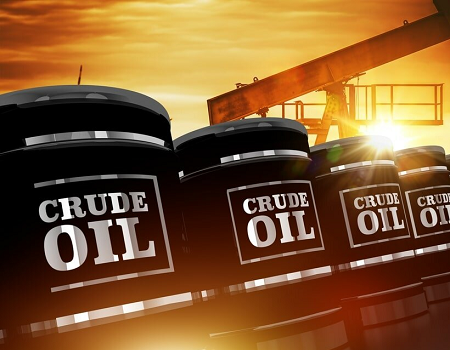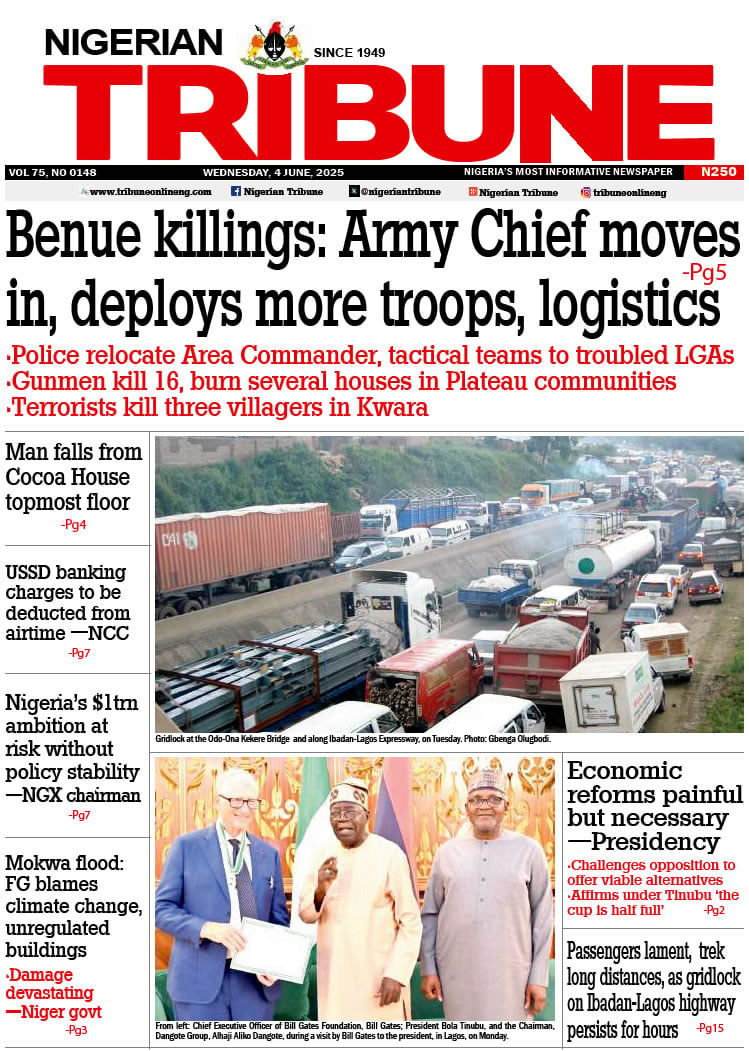The World Bank has said that low oil prices are likely to continue till 2021 while prices of agricultural and metal commodities are expected to rise.
This was contained in World Bank Commodity Markets Outlook for October 2020 released in Washington on Friday.
According to the bank, “Almost all commodity prices recovered in the third quarter of 2020 following steep declines earlier in the year due to the COVID-19 pandemic. Crude oil prices have doubled since their April low, supported by sharp oil supply cuts by OPEC+, but prices remain one-third lower than their pre-pandemic levels.”
The World Bank then called on oil-exporting countries to “be more aggressive in implementing policies to reduce their reliance on oil revenues.”
Oil prices fell dramatically in the early stages of COVID-19 and have only partially regained pre-pandemic price levels, while metal prices declined relatively modestly and have returned to levels that preceded the shock, according to the semi-annual Commodity Markets Outlook report. Agriculture prices were relatively unaffected by the pandemic, but the number of people at risk of food insecurity has risen as a result of the broader effects of the global recession.
In his comment on the publication, World Bank Group Acting Vice President for Equitable Growth, Finance & Institutions and Director for the Prospects Group, Ayhan Kose, said, “The impact of COVID-19 on commodities has been uneven, and could have lasting effects for energy markets. When declines in commodity prices are short-lived, policy stimulus can buffer their impact. However, when prices remain depressed for an extended period, policymakers need to find solutions so their economies can adjust smoothly to a new normal.”
The Outlook states that “Oil prices are projected to average $41/bbl in 2020 before rising to $44/bbl in 2021, an upward revision from the April forecast of $35/bbl and $42/bbl. The forecast anticipates a slow recovery in consumption that is countered by a gradual easing in production restrictions among OPEC+.
“However, oil consumption is expected to remain below its pre-pandemic level until 2023. The main risk to the price forecast is an increase in the severity of the pandemic that could lead to renewed lockdowns, dampening economic growth and reducing travel. This would affect oil demand significantly more than other commodities.”
On the other hand, metal prices are expected to post modest increases in 2021 after falling in 2020, supported by the ongoing recovery in the global economy and continued stimulus from China. A prolonged period of weak global growth would lead to lower prices than forecast.
Similarly, agriculture prices are expected to rise slightly in 2021, following an estimated 3 per cent increase in 2020 following some shortfall in edible oil production. Concerns about food insecurity remain relevant in several emerging market and developing economies. These concerns are prompted by hits to incomes from the global recession, bottlenecks in food availability at the local level, and border restrictions that have constrained labour supply. Food price inflation has spiked in several countries.
Nigeria’s 2021 budget is predicated on oil price at $40 per barrel and a daily oil production estimate of 1.86 million barrels.
YOU SHOULD NOT MISS THESE HEADLINES FROM NIGERIAN TRIBUNE
ICYMI: Presidential Panel On Police Reforms Agrees To Meet All Demands By #EndSARS Protesters
The Inspector-General of Police (IGP), Mohammed Adamu, has convened a meeting with stakeholders and has agreed to meet all demands raised by the #EndSARS protesters, which include halting use of force against protesters and unconditional release of arrested citizens…Low oil prices Low oil prices
ICYMI: Lagos To Compensate Victims Of #EndSARS Protest With N200m ― Sanwo-Olu
Lagos State governor, Mr Babajide Sanwo-Olu, has said the state government has earmarked N200million as compensation for families of victims of #EndSars protest…Low oil prices Low oil prices
ICYMI: I Was A Victim Of SARS Brutality Twice, Oyo Deputy Gov Tells Protesters
Oyo State deputy governor, Mr Rauf Olaniyan revealed that members of the Nigerian Police Special Anti-Robbery Squad (SARS) have attacked him twice…Low oil prices






